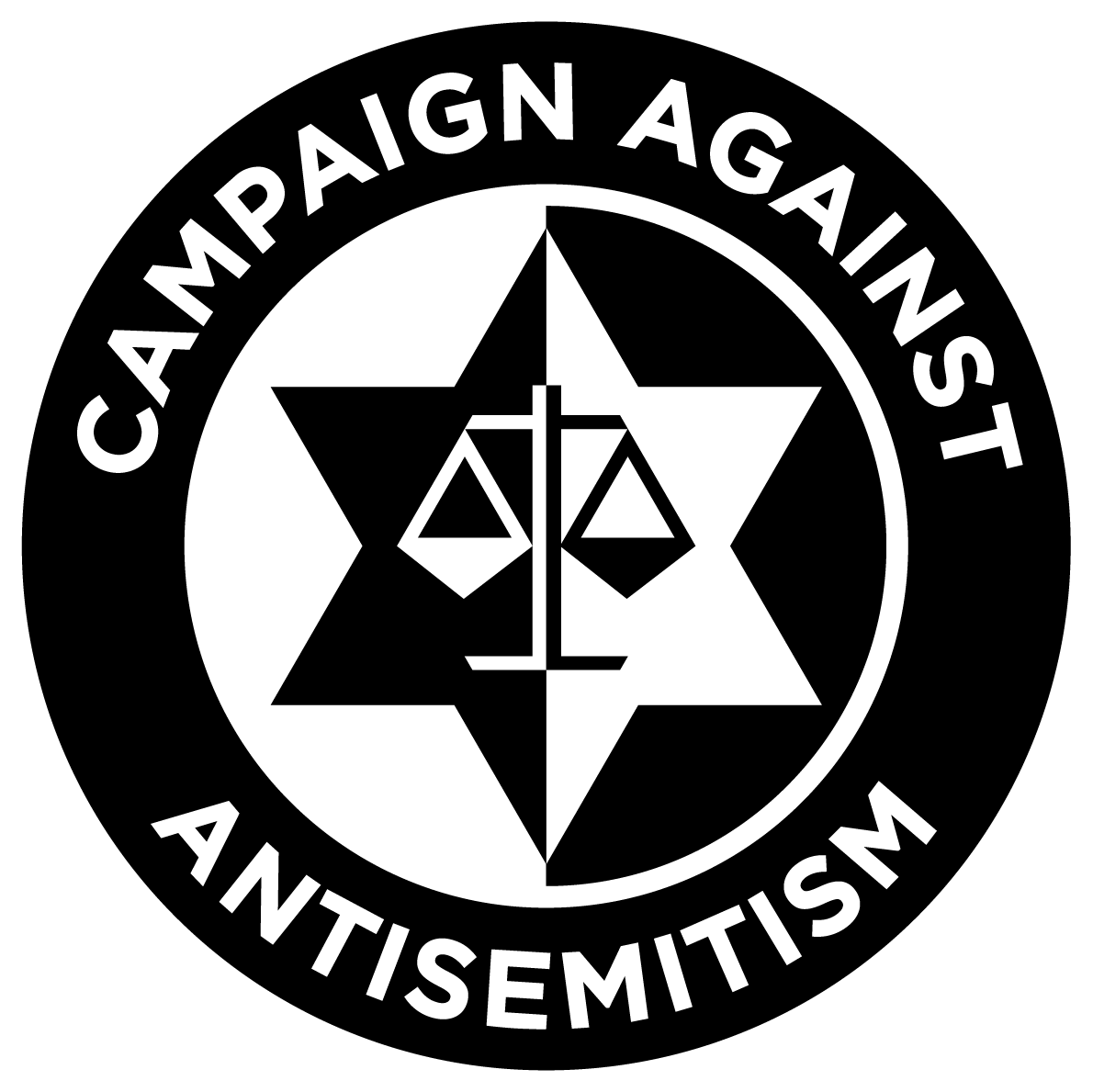From fracking to tracking, campaigners are engaging in a form of Holocaust denial by making Holocaust comparisons
From fracking to tracking, campaigners are increasingly in the news for comparing their opponents to Nazis, or claiming that the people they purport to represent are being treated like Jews under the Nazis.
Just in the last week, a fracking activist was condemned by The Times and the Daily Mail for producing a video called “Tina’s List” which spliced clips of police officers guarding a fracking site with clips from Stephen Spielberg’s film about the Holocaust, Schindler’s List. Yesterday, Janet Street-Porter told ITV’s Loose Women that she found the idea of putting microchips in children so that their parents can track them “offensive”, claiming: “It’s treating children as badly as we treat prisoners. We tag prisoners and during the last world war, Jews had triangles and had tattoos put on them and it was just absolutely offensive and I find this idea of sticking a microchip inside an innocent child —” at which point she was interrupted and forced to apologise for the comparison.
As the remaining the Holocaust survivors pass the responsibility for remembering the atrocity to future generations, it is appalling to see the Holocaust increasingly used as a banal comparison. Whatever one’s views on fracking, police guarding a fracking site are not like Nazi guards busily engaged in genocide and torture. Whatever one’s views on parents tracking their children, they are in no way similar to Nazis marking Jews out for murder, humiliation and abuse.
Comparing the worst crime in history to the challenges and problems of the modern day is a form of Holocaust denial, diluting the memory of the Holocaust by making such absurd comparisons.
We are pleased that public figures who make such comparisons are rounded on by most commentators, but we believe that we are witnessing a rise in the phenomenon of ‘Holocaust denial by comparison’, and we must remain vigilant in calling it out.


